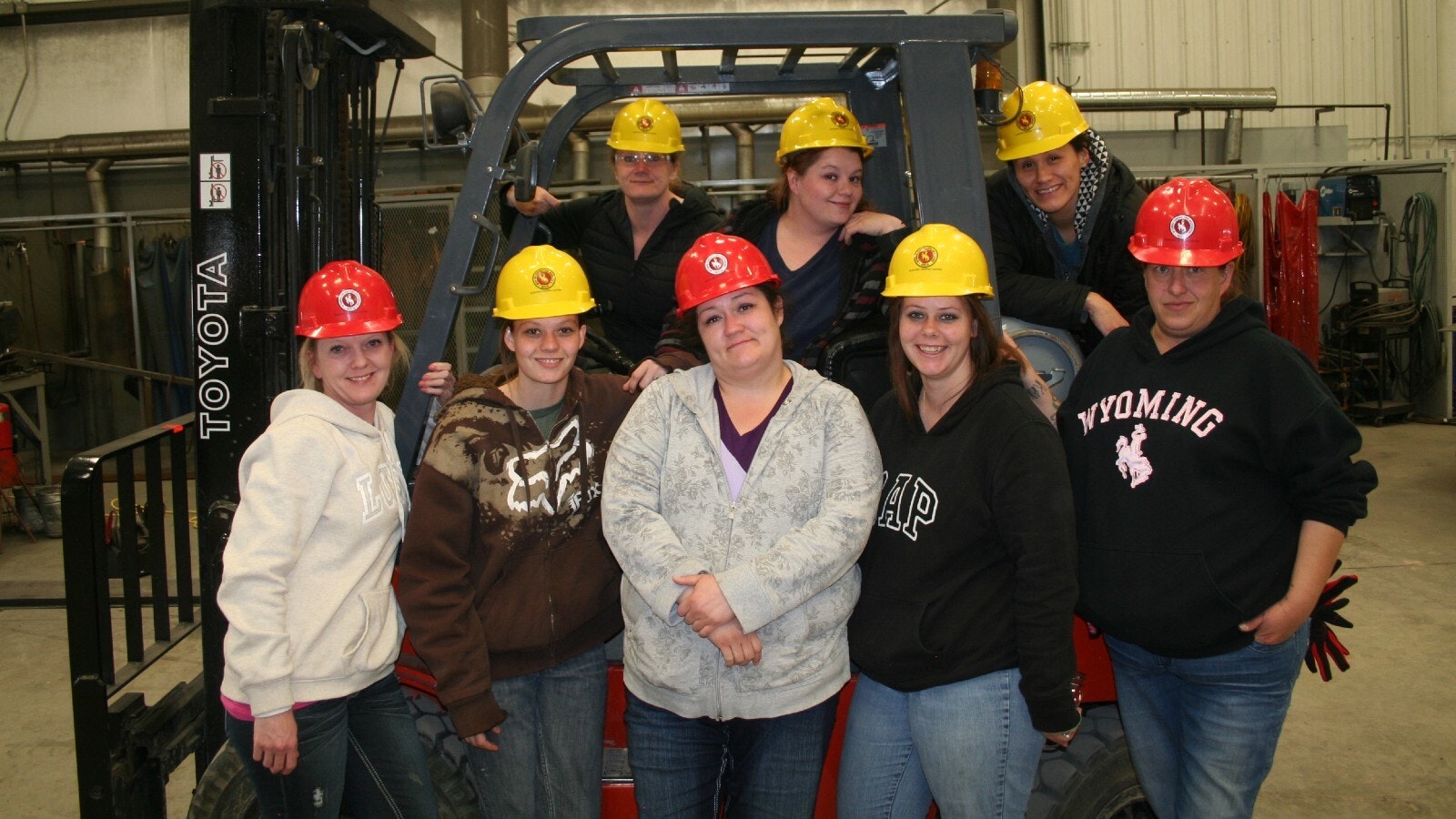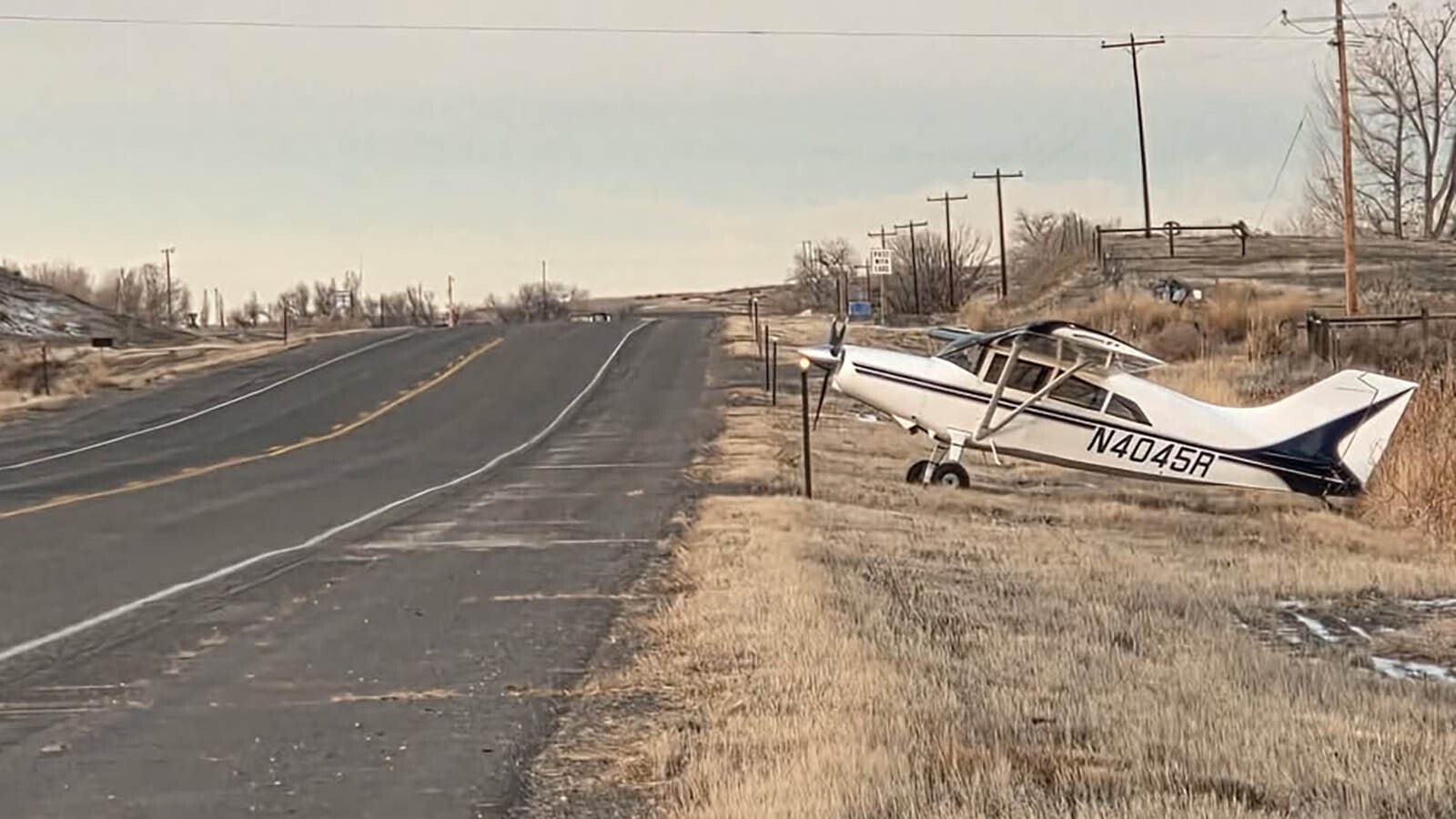When Ellen’s husband left her after 28 years of marriage, she found herself at a total loss.
With two daughters and very little past work experience under her belt, she had to figure out how to take care of her family and herself.
Enter Climb Wyoming, a nonprofit jobs training and placement program that not only helped her find a new career but also taught her to believe in herself.
After Climb, Ellen found a career as a civil court clerk where she raised her salary to $3,213 a month.
Along with giving her the means to support her family, the experience helped her regain her confidence and believe in herself while providing an example for her children.
“My kids are so proud of me,” she said. “My youngest saw me working hard at Climb and never missing a class and that has inspired her to keep going in school.”
Stories like Ellen’s are the impetus behind the program that this month celebrated its 35th year. Ellen is just one of thousands of low-income single moms who have literally transformed their lives with the help of Climb Wyoming. The job training and placement program has grown in national acclaim, with many government organizations and other entities clamoring to share its job training methods to improve their programs.
The numbers speak for themselves. Over the past 35 years, Climb has helped more than 10,000 families in Wyoming. Last year, the program had a 98% graduation rate throughout its six locations.
On average, graduates double their monthly wages within two years after leaving the program. The program has had an impact on the state as well — Wyoming saves $2 million each year from decreased Medicaid, food stamp and childcare expenses as graduates join the workforce.
Along with helping women with their life skills and develop industry-specific skills to make them qualified for higher-paying jobs, the non-profit provides mental health services and helps with job placement. The program starts by tackling the brain science behind poverty and helping single mothers develop the tools to navigate the stress and chaos of poverty in order to find stability in their lives to be successful both in work and life.
In doing so, the program has helped break the cyclical nature of poverty and helped teach women to have confidence and believe themselves.
“We’ve changed the trajectory of lives,” Climb founder and Executive Director Ray Fleming Dinneen said at the 35th anniversary breakfast celebration July 9 — held virtually because of coronavirus concerns — where she shared a stage with incoming CEO Katie Hogarty and COO Molly Kruger, who together have more than 20 years of combined experience at Climb.
During the celebration, Dinneen, a psychologist, talked about the early roots of the program and the work that has continued for more than three decades to help women transform their lives by realizing their best selves.
Dinneen’s mother, also a psychologist, inspired her to start the program in 1986 in Cheyenne.
Her mother, Dinneen said, had an uncanny ability to always see the best in people and to help them realize that potential in themselves, which inspired her to continue her mother’s work.
Since the program began, it has expanded to five more sites around the state.
The key to Climb’s success has been its focus on breaking the cycle of poverty, which has multi-generational impact, to literally transform lives, Dinneen said.
Testimony from hundreds of graduates speaks to the success of the program, which is funded by a combination of income from public and private sources. More than 80% of of the organization’s funds go directly to pay for services to clients.
The return on the investment is a point of pride for the organization, Dinneen said, which sees single mothers earn, on average 74 times what Climb invests in them by the time they retire.
As graduates like Ellen will attest, they wouldn’t be in the positions they are today without the help of the program that many credit for saving their lives.
“Everyone is better for having been involved with Climb,” Dinneen said in an emotional address to her virtual audience, noting the benefit to both the graduates and society as a whole as families lift themselves out of poverty and find success in the workplace.





